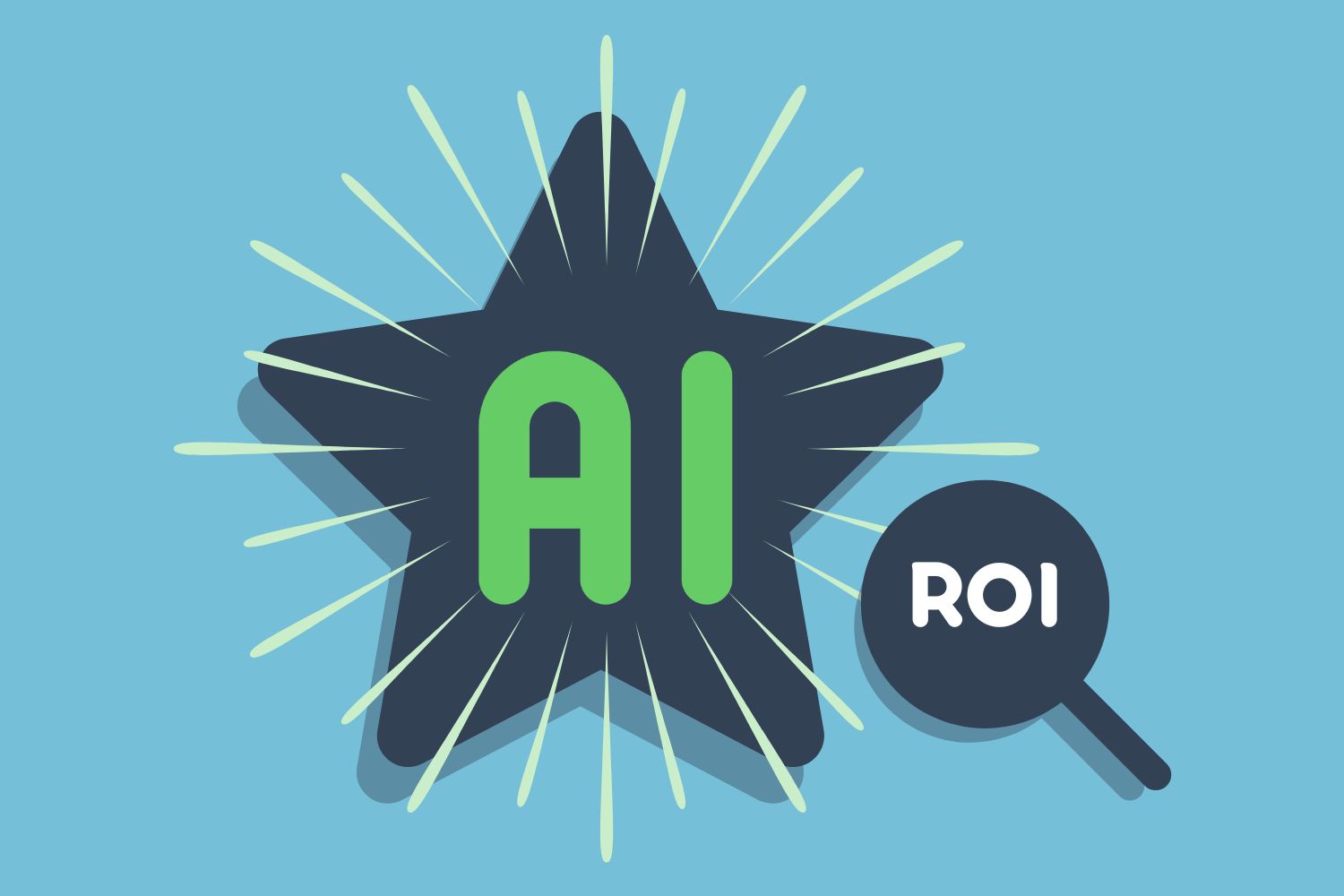Designing AI Agents for Data-Driven Decision Making
In technology, progress happens in waves.
Over the past few decades, we’ve seen three distinct eras unfold in the context of product lifecycle management:
- Systems of Record: capturing and storing data
- Systems of Engagement: connecting and interacting with users
- Systems of Intelligence: analyzing and predicting outcomes
Now, we’re entering a fourth era: Systems of Delegation – tools designed to carry some of the cognitive load of decision-making.
While earlier systems delivered information, they still left humans to figure out what to do with it. This new generation of systems is different. They are designed to help carry the weight of decisions. They work alongside humans, applying context, reasoning over data, and recommending actions that align with business priorities –helping teams move from data to decisions more effectively.
Judgment – the ability to make decisions confidently and appropriately in context – is the capability most data initiatives still lack. Teams have dashboards, metrics, and reports. What they often don’t have is clarity about what to do next.
Why AI decision making is the next step
Across industries, data teams face growing expectations and information overload. Reports and dashboards are everywhere, but they often fall short of helping in decision making.
McKinsey & Company notes that many organizations still struggle to scale generative AI beyond pilots and into impactful, production-ready solutions that deliver measurable business outcomes. The technical and organizational hurdles they highlight mirror what we’ve seen in practice: plenty of activity, but little alignment between data work and meaningful results.
When decisions do happen, they’re too often disconnected from the data that was supposed to guide them.
Recent breakthroughs in AI –particularly in generative and contextual reasoning – aren’t just about chatbots that draft emails or LLMs that summarize PDFs. They represent something deeper: systems that understand context, adapt to nuance, and guide users toward high-leverage outcomes.
This is why we focused our efforts on creating AI agents for data teams for data-driven decision making, rather than simply summarizing or presenting data.
How we designed the Value Agent for data-driven decisions
One of the first challenges we set out to solve at Mindfuel was helping data teams define and monitor the value of their work. Too often, business cases are vague at the start and justified only after the fact.
We designed the Value Agent within our Mindfuel platform to address this by:
- Helping teams define business intent in measurable terms
- Translating that intent into quantitative value contracts
- Monitoring realization over time and surfacing gaps between expectation and outcome
This is not a chatbot or a dashboard. We think of it as a lens on what matters – and a lever to act accordingly.
Most importantly, it learns. With every use case, every update, and every lesson about how data and business intersect in your unique context, it becomes more aligned with your needs.
Also read: Value First, AI Second: A 3-Step Guide to Help Data Leaders Demonstrate AI Business Value
Extending AI agents to use case templates
After launching the Value Agent last year, we turned our attention to another recurring problem: defining and operationalizing use cases.
Many organizations attempt standard use cases – churn prediction, personalized pricing, ESG tracking – but no two implementations are identical. Context matters: constraints, stakeholders, maturity, and priorities vary.
To address this, we’re building a new generation of AI agents that don’t just fill out forms but co-create use cases with you – adapting to your context and mapping them intelligently to your existing data product portfolio.
Think of it as:
- A strategy consultant in the loop: Asking the right questions – not just taking answers at face value.
- A librarian of lived experience: Surfacing patterns, pitfalls, and best practices across your organization.
- A systems thinker: Connecting business ambition with data capabilities and measurable value.
We designed these agents to feel less like tools and more like collaborators – combining strategic thinking, organizational memory, and systems-level perspective.
Also read: Steering, Not Just Sprinting: Mindfuel as the Strategic Layer on Top of Jira & Friends
Principles behind our AI agents
We didn’t just bolt GPT-4 onto a UI and call it innovation.
From the start, we followed a few core principles to ensure these agents genuinely support decision-making:
- Data-aware, not data-agnostic: Generic models are disconnected from business reality. Ours reason over your specific catalog, taxonomy, and history – not generic internet knowledge.
- Opinionated, yet flexible: They propose a direction but always invite collaboration. It’s not AI vs you, it’s you, with AI.
- Trust through transparency: Every suggestion includes reasoning, assumptions, and alternatives. You’re always in control.
- Evolvable by design: With every interaction, feedback loop, and outcome, the agents improve – becoming smarter and more aligned with your needs.
Making better business decisions with data
Designing systems of delegation has been as much a product question as a technical one.
We continue to think carefully about how much autonomy to build into agents, how much context they need to be effective, and how to make them flexible enough to support diverse ways of working.
We’re already developing additional agents – from Portfolio Planners that help balance your portfolio to Lineage Explainers that clarify data dependencies. What ties all of them together is the focus on helping data teams to drive real, measurable outcomes and explain this to the business.
Systems of delegation aren’t meant to replace human judgment. They’re meant to make that judgment more deliberate, informed, and easier to scale.
The future of data work will be defined by systems that help us think more clearly, make better decisions, and deliver with greater consistency.
Let’s build it – together.
If you’re interested to see Mindfuel in action, book a demo or start your 14-day trial today.




